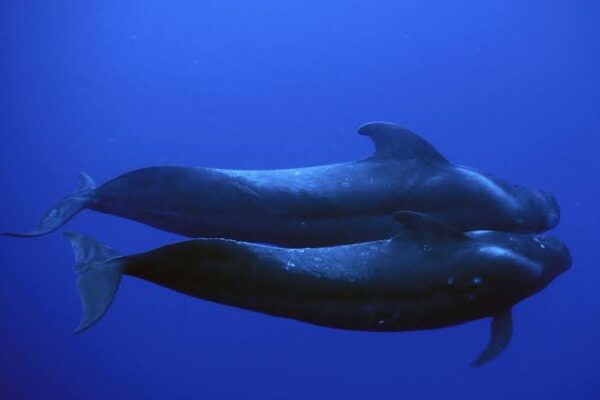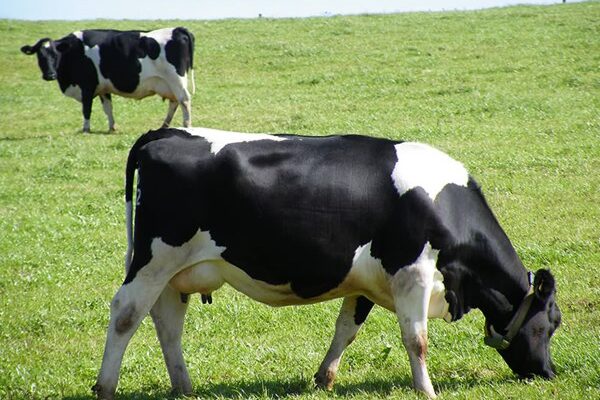A new study reveals by 2080, India could lose groundwater by 3 times the current rate
RH Desk
September 5
Farmers in India have adapted to warming temperatures by intensifying the withdrawal of groundwater used for irrigation and if the trend continues, the rate of groundwater loss could triple by 2080, a new study has said.
The study led by the University of Michigan has also warned it could further threaten India’s food and water security.
“We find that farmers are already increasing irrigation use in response to warming temperatures, an adaptation strategy that has not been accounted for in previous projections of groundwater depletion in India,” said senior author of the study, Meha Jain, an assistant professor at U-M’s School for Environment and Sustainability. “This is of concern, given that India is the world’s largest consumer of groundwater and is a critical resource for the regional and global food supply.”
According to the study, reduced water availability in India due to groundwater depletion and climate change “could threaten the livelihoods of more than one-third of the country’s 1.4 billion residents and has global implications.”
The study has analyzed historical data on groundwater levels, climate and crop water stress to look for recent changes in withdrawal rates due to warming. The researchers also used temperature and precipitation projections from 10 climate models to estimate future rates of groundwater loss across India.
The study has also taken into account that warmer temperatures “may increase water demand from stressed crops, which in turn may lead to increased irrigation by farmers.”
“Using our model estimates, we project that under a business-as-usual scenario, warming temperatures may triple groundwater depletion rates in the future and expand groundwater depletion hotspots to include south and central India,” Bhattarai said.
The study has said that most climate models call for increased temperature, increased monsoon (June through September) precipitation and decreased winter precipitation in India over the coming decades and the U-M-led research team found that “warming temperatures coupled with declining winter precipitation more than offset added groundwater recharge from increased monsoon precipitation, resulting in accelerated groundwater declines.”




